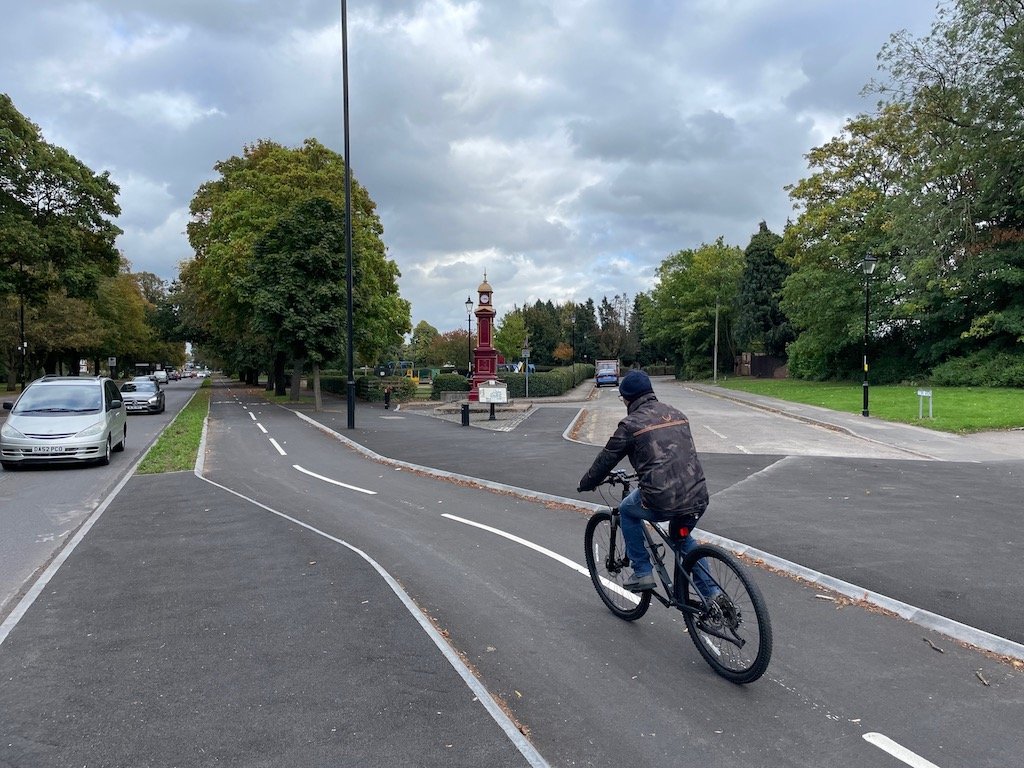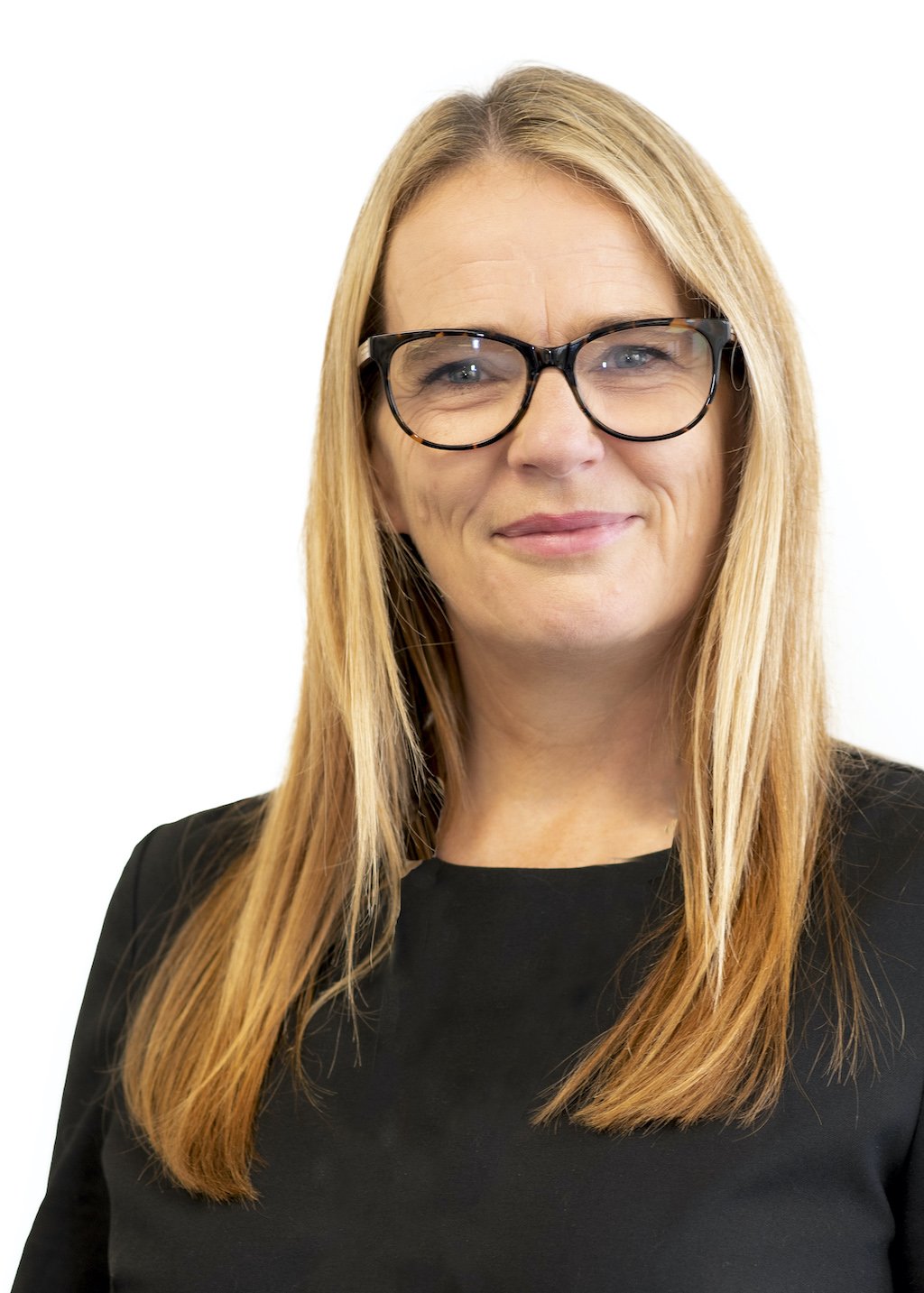Making space for clean urban transport infrastructure
Anne Shaw, TfWM
Is our public realm geared-up for the future of transport? Anne Shaw, Executive Director at Transport for West Midlands, says the region is making great progress but still has some way to go.
The need to do things differently in the West Midlands is unpacked in the Local Transport Plan that we’re developing in partnership with the local authorities of the West Midlands Combined Authority. The plan sets out five motives for change:
Sustaining economic success
Creating a fairer society
Supporting local communities and places
Becoming more active
Tackling the climate emergency
To achieve these outcomes, we must electrify transport, reduce traffic and improve the car-free accessibility of the region.
We must electrify transport, reduce traffic and improve the car-free accessibility of the region
Some of this change will be driven by new and better services. Expanding traditional public transport will be critical for connecting neighbourhoods and reducing reliance on driving. We’ll need to look at how we make the use of private cars for some journeys less attractive too.
At the same time, we’ll need to change how we use space in our cities, local centres, and neighbourhoods so that people can rely on a mixture of easy-to-use, sustainable transport services. This means improving the routes that people use to access our network, easing interchanges between services, and making space for innovative alternatives, like shared bikes and e-scooters.
We’ll need to change how we use space in our cities, local centres, and neighbourhoods so people can rely on a mix of easy-to-use, sustainable transport services
Consider two of our big investment projects: reopening the Camp Hill Line and extending the Metro to Dudley. To maximise the impact of these stops and stations we also need to evolve nearby highways and local centres to ensure that people can reach the new services safely and sustainably.
Making space for these initiatives puts tough decisions on the desks of public authorities across the West Midlands. This is because sustainable transport options need to be at the heart of where we live and work, and in a well-developed region like ours, free space in those places is scarce.
As a transport authority, we have already delivered a number of projects which continue to light the way forward.
With Coventry Council, we’re introducing the Binley Cycleway, giving cyclists and pedestrians safety and priority along a key route between the University Hospital Coventry and Warwickshire. This builds on trailblazing work done by Birmingham City Council on the A34 and A38 cycle routes.
As part of the West Midlands e-scooter public hire pilot, we’ve carved out parking spaces for shared vehicles in high footfall locations in Birmingham, West Bromwich, and Coventry.
A network of mobility hubs can provide people with quick, clean and affordable ways to travel between transport interchanges and the places they actually want to go
On the Birmingham Eastside Metro extension, we’re working closely with local authority colleagues to turn the high street into a flexible, people-focused public space.
Mobility hubs have the potential to help, too. Hubs bring together a range of shared transport in one place. They’re being introduced in cities across Europe, and increasingly the UK. A network of hubs can provide people with quick, clean, and affordable ways to travel between transport interchanges and the places people actually want to go.
In partnership with Black Country Transport and Dudley Council, we’re testing the idea in Halesowen next year. To help us discover more about how to change space in the region, we’ll create a network of hubs in three interconnected places: one at a transport interchange, a second on the highway, and a third beside a park. We’ll closely evaluate how people use the mini-network. If we get the right results, we’ll deliver our plan to introduce 40 hubs in the region by 2027.
These are massive milestones in the making. But we know that we can do more. Changing how we use space in West Midlands may not be easy. But it’s a crucial part of the programme that will help us to meet the objectives of our Local Transport Plan.
Anne Shaw is Executive Director at Transport for West Midlands (TfWM). This article was written in conjunction with colleagues Christopher Brown (Senior Future Mobility Developer) and Olivia Arnold (Transport Strategy Officer).
Senior representatives from both Transport for West Midlands and West Midlands Combined Authority will be at Interchange in Birmingham on 18/19 April


